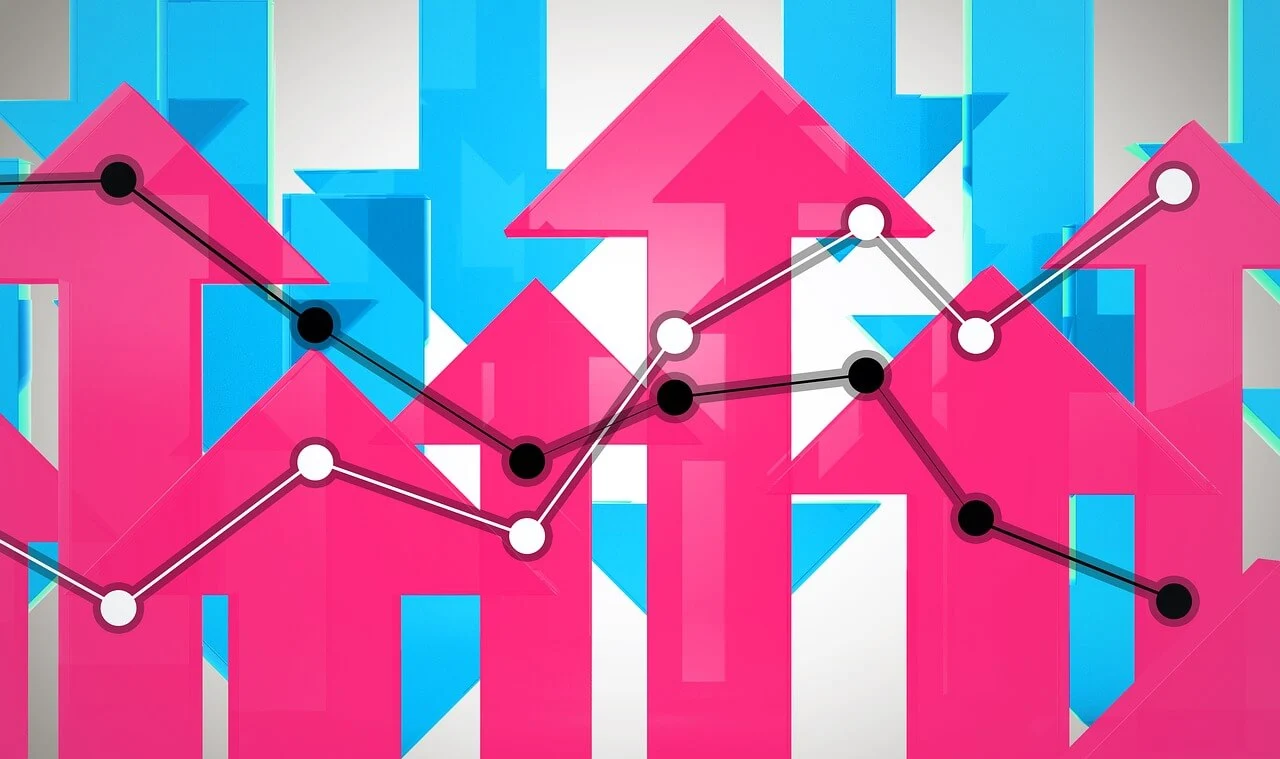What Is A Cash Rate?
The cash rate is the market interest rate commercial banks charge one another for overnight loans. It is also known as the bank rate or the base interest rate. The Reserve Bank of Australia (RBA) is responsible for monitoring and changing the official cash rate for Australia. It can either raise, hold or cut the official cash rate target to manage the Australian economy – precisely, inflation. The cash rate serves as a benchmark rate for everything from mortgages and savings accounts to the exchange rate, making it an essential tool for managing national monetary policy.
What should you look out for?
- When you’re deciding on a home loan, the cash rate will undoubtedly be something to watch. Unfortunately, the many factors involved can become overwhelming. Here is a brief list of things to keep in mind:
- Using a financial planning professional can help you understand what influences the interest rate and how your home loan scheme could change over time.
- When the cash rate is at its lowest, it may be the best time to buy, as your mortgage will be more affordable.
- Whether you’re paying off a mortgage or looking to buy, keeping up with the cash rate is important so you can stay on top of your mortgage rates.
- With a fixed-rate mortgage, you won’t be affected even if a rising cash rate causes interest rates to go up.
- Our ‘Interest Rate Calculator’ considers the size of your home loan and the loan term to calculate the interest rate you may be eligible to receive.
- Banks don’t always advertise their lowest interest rates, so we’ve compiled them for you.
How Will Your Repayments Change After The Cash Rate Cut?
RBA Cash Rate Change Calculator
This calculator assumes that repayments are made monthly, including both principal and interest and that there are no changes to bank fees or other loan conditions. The results provided are for general informational purposes and do not constitute financial advice. Actual repayment amounts may vary based on your specific loan terms, lender policies, and any additional fees or charges.
What Is The RBA And How Does It Control The Cash Rate?
The RBA is the central bank of Australia. It functions as the decision-maker for monetary policy for the country.
The RBA holds a meeting to discuss the cash rate on the first Tuesday of every month (except January). The central bank takes the following factors into account when deciding what changes to make to the cash rate:
- Property market
- Consumer confidence
- Business confidence
- Inflation
- Employment
- Economic growth
- The international economy
- Performance of the Australian dollar
Every month, the RBA announces whether the official cash rate has been increased, decreased, or held as it is. Any change to the official rate will take effect from the next day. The RBA’s cash rate strongly influences the interest rates that financial institutions charge customers for loans.The RBA’s primary goals are to ensure:
- the stability of the Australian currency
- full Australian employment
- the economic prosperity and welfare of Australians
How Does The Cash Rate Relate To Mortgage Interest Rates?
As explained above, the cash rate indicates how much interest banks pay on their overnight borrowing. This directly affects your interest rate, as the banks can pass these costs down to their borrowers. Lenders don’t necessarily have to increase or cut interest rates in line with the cash rate when it changes but they often do. This means that when the cash rate goes down, you can sometimes get a better deal by refinancing. To learn more about this, visit our refinance page. Note that a changing rate from your bank affects you only if you have a variable-rate home loan. What do the cash rate changes mean for those with a home loan or savings account? Let’s take a look at how a changing cash rate affects you.
| RBA reduces the cash rate | RBA increases the cash rate |
|---|---|
| Banks will probably reduce their lending rates for home loans. | Any savings you have may earn a larger interest rate. |
| It might be easier to get a home loan. | Borrowing becomes more expensive, and home loan rates increase. |
| Lower cash rates can trigger a decline in interest payments on your savings, too |
Are you looking to get a home loan?
Now that you understand how cash rate and interest rates are related, you should ensure that you get the best rates in the market and appropriate home loan features for your unique situation.
We can help you get competitive interest rates. Speak to a Home Loan Experts mortgage broker on 1300 889 743 or complete our free online assessment form.
